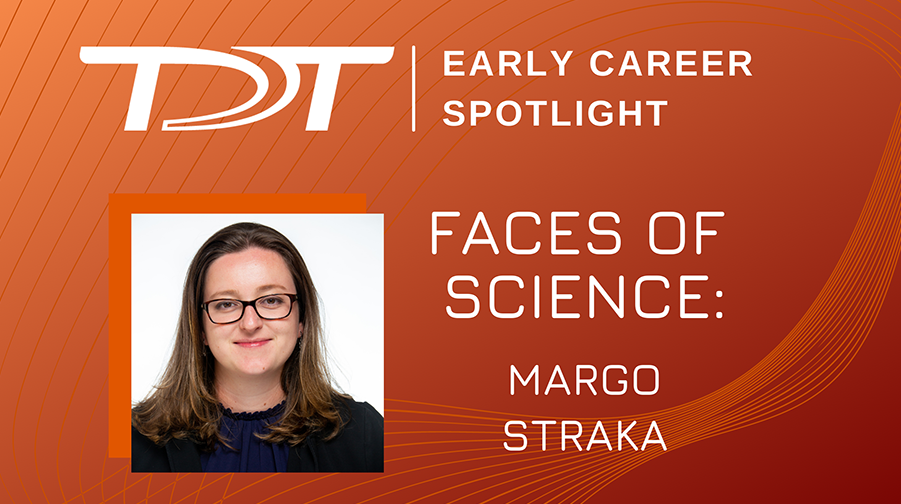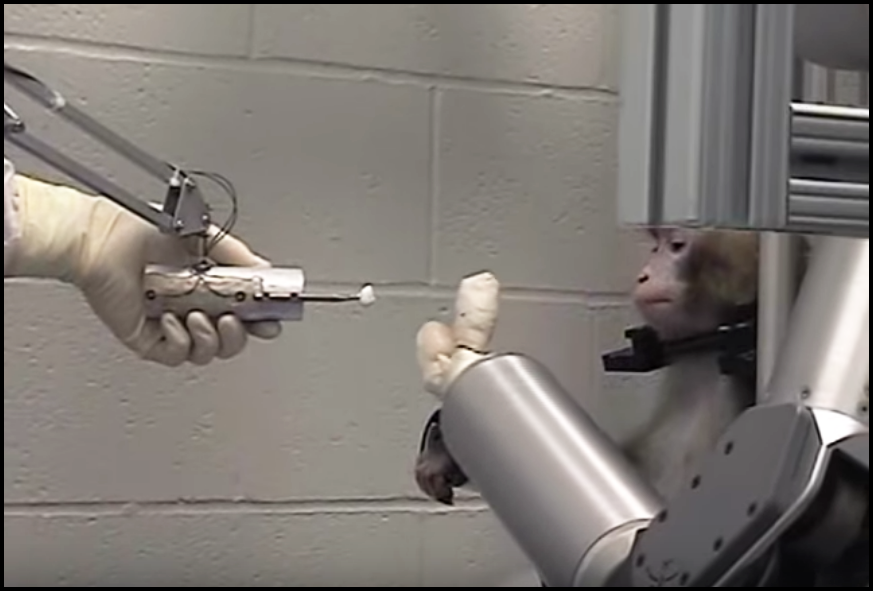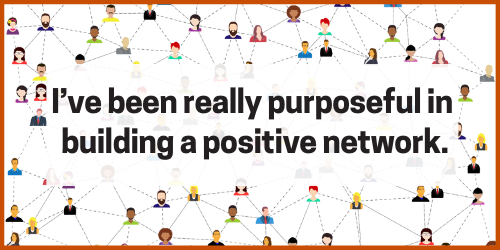Faces of Science: Margo Straka
September 22, 2021Early Career Spotlight: Faces of Science highlights early career neuroscientists, particularly BIPOC and women researchers. We hope to amplify underrepresented voices in science and further connect the Tucker-Davis Technologies research community.

|
Margo (Malgorzata) Straka, PhD is a Principal Research Scientist at Medtronic Neuromodulation. In previous roles, Margo was a Senior Neuroscientist at Paradromics and an Assistant Investigator at the Feinstein Institute for Medical Research, working on translational neurotechnology and Brain-Computer Interfaces. She completed a Postdoctoral Fellowship at Johns Hopkins University and has a PhD in Biomedical Engineering from the University of Minnesota. You can find her on LinkedIn and Twitter. Here, Straka talks with TDT about science as a group sport, the importance of building a positive network, and how collaborators can fight sexism. |
Q&A
What is your main research focus?
My expertise is in neuroprosthetics, particularly auditory and brain machine interfaces. Now, my main research is spinal cord stimulation therapy for chronic pain. I’ve worked on auditory prosthetics for my PhD, BCIs to restore movement at the Feinstein, and speech prosthetics with Paradromics. My primary focus has been on pre-clinical translation, and now in my current role, I will be focusing on both pre-clinical and clinical neuromodulation therapies.
What TDT system(s) are you using?
For my PhD, I used the RZ6 and RZ2 for simultaneous ephys and auditory stimulation. I’ve also used TDT’s speakers for auditory stim in my post-doc and at Paradromics. Setting up auditory experiments at Paradromics, I knew I wanted to incorporate TDT speakers because of your excellent customer support and great quality of speakers.
When and how did you become interested in neural engineering?
I first became interested in neural engineering during grad school interviews for biomedical engineering programs. I saw the BCI monkey video (where a monkey feeds itself a marshmallow using a robotic arm controlled by implanted brain electrodes) and was hooked. I was looking at University of Minnesota and saw that Hubert Lim was starting his own lab on auditory prosthetics. I really saw the potential – i.e. a new field and the opportunity to explore new therapies.

What challenges have you encountered? And how have you overcome these obstacles?
As a woman in science, there are always a lot of challenges: imposter syndrome, hitting a ceiling in your career, finding mentors for your next step. For my professional network, I’ve had supportive allies (PIs and collaborators). It makes a big impact when people want to collaborate and introduce you to others, and this act helps to overcome sexism in science.
Did you have any mentors and/or role models along the way? And if so, how have they influenced you?
Aside from my PIs, Heather Orser was a key mentor. Heather was my manager at Medtronic during my grad internship. Heather was the first female engineer in the field that I could talk with on a day-to-day basis. We have a similar mindset and approach, and she is very even-keeled and smart. Her love of science and encouraging people really shines through and that has really influenced how I interact with people and mentor others.
If you could go back in time, what advice would you give yourself? And what advice do you have for incoming researchers?
When I started grad school, I didn’t realize that science is a group sport – I just thought it was me and my PI, and I just needed to do my work. Hubert taught me how important connections are and he helped foster a lot of connections for me. I’ve been able to maintain those connections over the years, which is useful for career advice, ideas, introductions, and general networking. After grad school, I’ve been really purposeful in building a positive network. I now mentor grad students and post-docs, and sometimes social problems are more challenging to tackle than the science.

How do you keep yourself balanced (or attempt to keep yourself balanced)?
I have two dogs – Liza and Rory – who are super high-energy. They need a lot of walks, so that helps me take care of myself. Since grad school, I’ve had an extracurricular activity of some sort (class, sport, etc.). The point is to have a hard deadline, which means I have to leave work at that time. I’ve actually found I’m more productive during the day with a hard deadline, and the break also gives me time to think through my problems.
The latest thing I’ve been doing is ballet (over Zoom). This worked out perfectly for the pandemic. It’s really good exercise; I’m using a lot of muscles I didn’t know I had. And it’s not the same pressure as if I’d done it as a kid (I’m not going to be a prima ballerina). You’re just here for the workout!
What are you most looking forward to once the pandemic is under control?
I just started a new job, so I’m looking forward to meeting everyone in person. Everyone at Medtronic has been great with remote, but I can’t wait to have in-person interactions. Also, I have a brand new baby niece, and I can’t wait to see her!
In general, with the new job, I’ve moved closer to family, so I’m looking forward to that. Also, I can’t wait to take a real vacation, eat in a restaurant, all the things!
[ back to top ]
Tags: electrical stimulation, auditory research, early career spotlight
